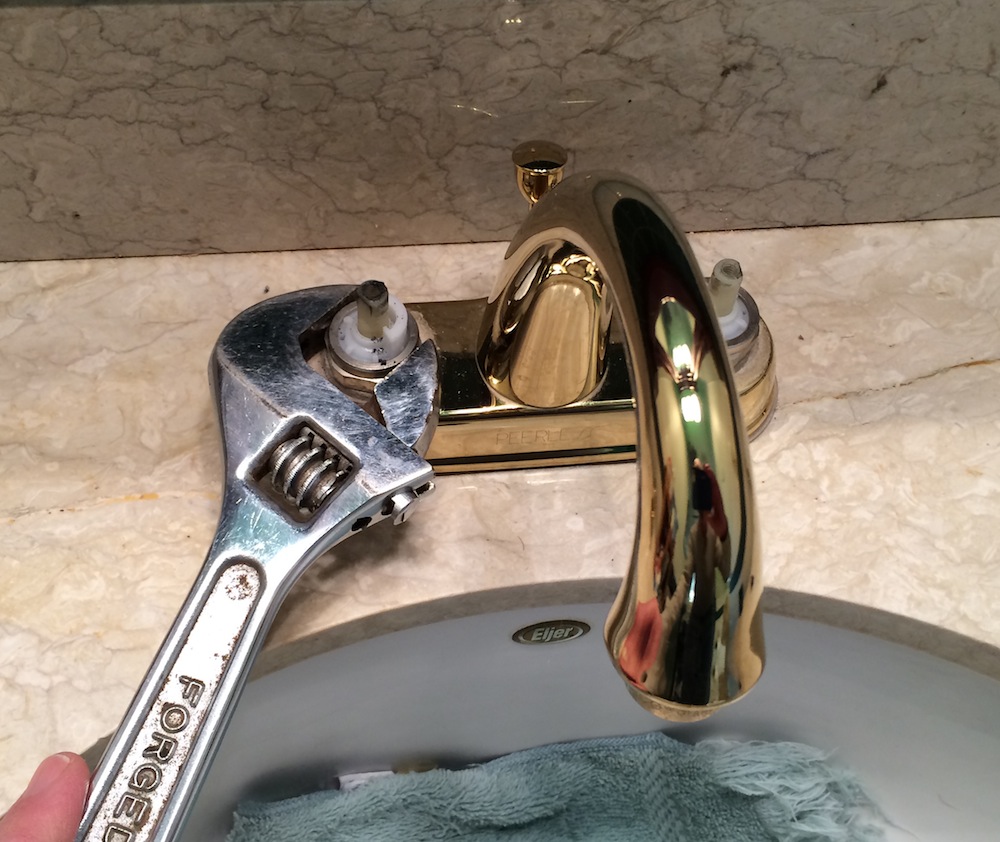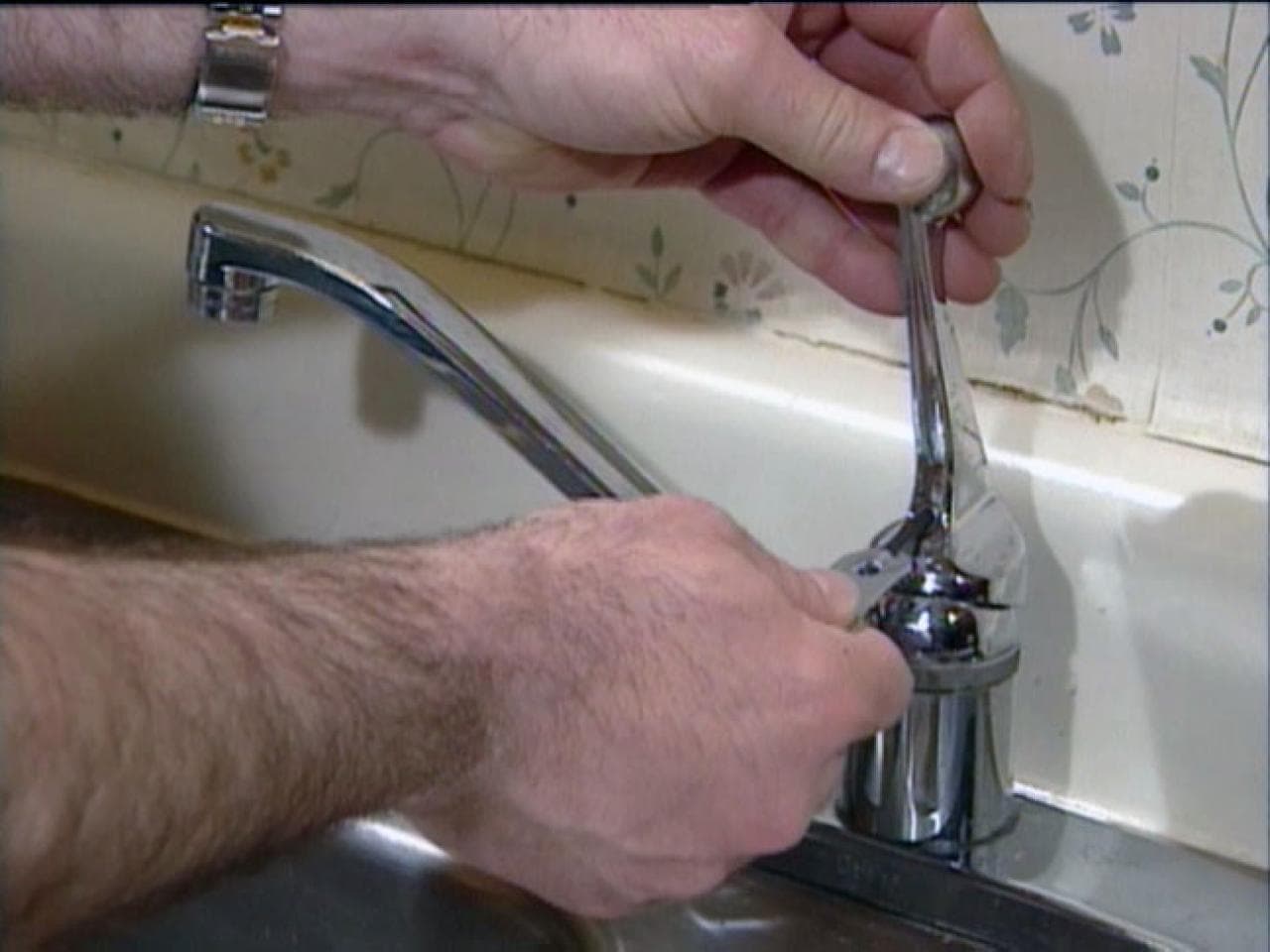What're your insights and beliefs on What Causes Leaky Faucets & How To Fix Them?

Trickling faucets might appear like a minor inconvenience, however their effect goes beyond just the aggravation of the audio. From drainage to sustaining unneeded economic costs and health and wellness threats, disregarding a leaking faucet can bring about different effects. In this write-up, we'll delve into why it's vital to address this typical family concern quickly and successfully.
Wastefulness of Water
Environmental Effect
Dripping faucets add considerably to water wastefulness. According to the Environmental Protection Agency (EPA), a solitary faucet leaking at one drip per secondly can waste more than 3,000 gallons of water annually. This not just strains water resources however likewise influences communities and wildlife based on them.
Financial Prices
Raised Water Costs
Past the environmental impact, dripping taps can blow up water costs substantially. The accumulated wastefulness with time converts right into higher utility expenses, which can have been stayed clear of with prompt repair services.
Prospective Residential Property Damage
In addition, extended dripping can lead to harm to fixtures and surface areas surrounding the tap. Water build-up can cause discoloration, corrosion, and also structural issues if left neglected, leading to added repair work prices.
Health Problems
Mold and Mildew Development
The constant presence of wetness from a dripping tap produces a suitable environment for mold and mold development. These fungis not just compromise indoor air top quality but also position health and wellness threats, specifically for people with respiratory conditions or allergies.
Waterborne Diseases
Stagnant water in dripping faucets can become a breeding ground for bacteria and various other virus, boosting the danger of waterborne illness. Contaminants such as Legionella bacteria grow in stationary water, potentially leading to significant ailments when ingested or inhaled.
Do it yourself vs. Expert Repair
Benefits and drawbacks of DIY Fixing
While some may try to repair a trickling faucet themselves, do it yourself repair work feature their own collection of challenges. Without appropriate expertise and tools, do it yourself efforts can intensify the problem or bring about incomplete repair services, lengthening the problem.
Benefits of Employing a Specialist Plumber
Employing an expert plumber makes certain that the underlying reason for the trickling faucet is dealt with properly. Plumbings have the proficiency and devices to detect and fix tap issues effectively, saving time and reducing the danger of additional damages.
Step-by-Step Overview to Dealing With a Dripping Tap
Devices Called for
Prior to trying to deal with a trickling tap, collect the required tools, including an adjustable wrench, screwdrivers, replacement components (such as washing machines or cartridges), and plumber's tape.
Typical Tap Issues and Their Solutions
Determine the type of tap and the specific problem creating the drip. Common problems include worn-out washing machines, corroded valve seats, or damaged O-rings. Describe maker guidelines or on-line tutorials for detailed guidance on repair services.
Safety nets
Regular Maintenance Tips
To avoid trickling taps, do routine maintenance such as cleaning up aerators, evaluating for leakages, and changing damaged components promptly. Additionally, consider installing water-saving devices or upgrading to extra reliable components.
Value of Prompt Fixes
Resolving trickling taps as soon as they're noticed prevents more water waste and prospective damage, ultimately conserving both water and cash in the long run.
Influence On Residential Or Commercial Property Worth
Understanding of Well-Maintained Home
Maintaining a property in good condition, consisting of addressing maintenance concerns like dripping taps, enhances its viewed worth and desirability among prospective customers or renters.
Impact on Resale Value
Properties with properly maintained plumbing fixtures, including faucets, command greater resale values in the realty market. Resolving trickling faucets can contribute to a positive perception throughout building inspections and negotiations.
Environmental Obligation
Private Payment to Preservation
Taking duty for dealing with trickling taps lines up with wider initiatives toward water conservation and environmental sustainability. Every person's activities jointly make a considerable impact on preserving valuable sources.
Lasting Living Practices
By focusing on prompt repair work and embracing water-saving routines, individuals add to sustainable living methods that profit both existing and future generations.
Conclusion
Addressing a dripping faucet surpasses plain comfort; it's a crucial action toward conserving water, lowering economic expenses, and safeguarding wellness and building. Whether with do it yourself repair work or specialist help, taking action to deal with dripping taps is a small yet impactful means to promote responsible stewardship of sources and contribute to a much healthier, extra sustainable future.
How to Fix a Leaky Faucet: Step-by-Step Repair Guide
A leaky faucet may seem like a simple annoyance, but if it's not fixed promptly, that leak could cost hundreds to potentially thousands. From water damage to mold, mildew, and high water bills, even a tiny leak can be catastrophic if left unattended. Damage like this can even affect the overall value of your home, so it's important to take the right approach for leaky faucet repair. You may need the help of a plumber in some cases, but we've got a few tips you can try on how to fix a leaky faucet before calling the pros.
Four Faucet Types
When you're learning how to fix a leaky faucet, the first step is knowing what kind of faucet you're working with! There are four common types.
Cartridge Faucets
Cartridge faucets come in one- or two-handled varieties. In one-handled cartridge faucets, hot and cold water combines in a single cartridge. In the two-handled versions, hot and cold water are controlled separately and mixed in the faucet.
Ball Faucets
Ball faucets have a single lever you push up and down to adjust the pressure and rotate to change the temperature. A slotted metal ball controls the amount of water allowed into the spout.
Compression Washer Faucets
They're the oldest type of faucet, but they're still used in many homes — especially older ones. Compression faucets have two separate handles that, when turned, raise or lower the washer that seals a water valve. This valve stops water from flowing through the faucet when it is turned off.
Disc Faucets
Disc faucets rarely need to be repaired due to their maintenance-free design. The water flow is controlled by two discs — the upper one raises and lowers against a fixed lower disc, creating a watertight seal. If your disc faucet starts leaking, you may need to replace the seals or clean residue buildup from the inlets.
Fixing a Leaky Faucet
Step 1: Turn Off the Water
Whether you're learning how to fix a leaky bathtub faucet or how to fix a leaky kitchen faucet, always turn off the water supply to your working area when you're fixing a leak. The last thing you want is a flood added to your list of things to fix.
Look for the shutoff valves below your sink or around the tub and turn them clockwise to stop the water flow. If your faucet doesn't have shutoff valves, you may need to turn off the water for the whole house. Check to make sure it's off by turning the faucet on. If nothing comes out, you're ready to start the repair.
Step 2: Take Apart the Faucet
How you disassemble your faucet depends on the type of fixture you have. You can use a flathead screwdriver to remove the caps on top of the handle or handles for cartridge and compression faucets. Inside, you should see handle screws. Unscrew these with a screwdriver to remove the handle.
Disc- and ball-style faucets will typically have an inlet screw near the handle, and removing that will reveal the interior of the faucet.
Detach the Valve Stem
For cartridge- and compression-style faucets, you'll see the inner valve stem or cartridge once you remove the faucet handles. If you have a compression faucet, unscrew the brass valve stem. If you have a cartridge faucet, pull out the cartridge. If your cartridge has been in place for a while, it may require some tools or extra force to remove it due to mineral deposits.
Examine and Replace Parts
Once you've removed the parts, check them out to confirm what needs to be replaced. You may see corroded rubber washers, O-rings, stems, or cartridges. On a ball-style faucet, check the seats and springs for damage.
If you need to repair a leaky disc faucet, check the inlet and seals on the lower disc.
Once you determine what parts must be replaced, visit your local hardware store. Bring the damaged parts with you to ensure you can purchase the correct components to replace them.
Clean Valves and Faucet Cavity
If you've removed a stem or cartridge, you may notice mineral buildup in the faucet's threads. Use white vinegar to clean the valve seat by soaking it for a few minutes, then scrub it away with a soft toothbrush and rinse with warm water. You can also clean the interior of the faucet in the same way.
Reassemble the Faucet
Once your faucet is cleaned and the required parts have been replaced, it's time to reassemble it. Put the pieces back together and slowly turn the water supply back on. Doing this slowly is crucial because too much initial water pressure can damage the new hardware you've just installed.
https://homewarranty.firstam.com/blog/how-to-fix-leaky-faucet

As a passionate person who reads on Why It's Important to Fix Leaky Faucets, I assumed sharing that excerpt was sensible. Do you know someone else who is in to the subject? Feel free to promote it. Thank you so much for your time invested reading it.
Comments on “How It's Crucial to Repair a Broken Faucet”